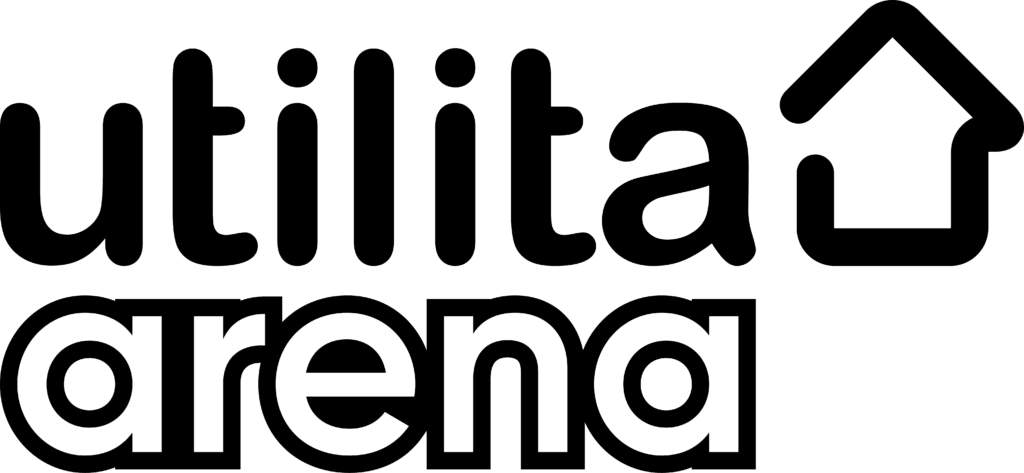Are Solar Panels Worth It?
Yes, according to a record 200,000 households who installed solar panels in 2023. Long-term energy security, lower energy bills and reduced household emissions are just some of the reasons why solar is booming. Here’s a roundup of why solar panels are definitely worth considering.
Contents:
-
Solar PositivesSolar Positives
-
(Percieved) Solar Negatives(Percieved) Solar Negatives
-
Is Solar Right for Your Home?Is Solar Right for Your Home?
Solar Positives
Reduced Energy Bills
Installing solar panels means you generate your own free electricity. They help to cut your energy bills as you won’t have to buy as much electricity from the grid. Over a 25-year lifespan, a typical solar panel installation could save you around £33k.
Lower Carbon Footprint
Solar energy is a renewable, clean power source that significantly reduces your carbon footprint by around 1.6 tonnes each year. By harnessing sunlight to generate electricity, you contribute to a healthier environment by minimising greenhouse gas emissions.
Energy Independence
By producing your own energy, you become less susceptible to fluctuating energy prices that affect traditional energy sources. This independence provides stability and control over your energy costs.
Financial Incentives
Get paid for the excess electricity you generate from your solar panels via the Smart Export Guarantee (SEG). This pays you for every unit you export back to the national grid. While it may not provide as strong a financial incentive as the old feed-in-tariff (FIT), the savings from the SEG are still attractive and improve your payback period.

“With uncertainty over future energy prices, changing demands for electricity due to electric vehicles and heat pumps, and the urgency to cut carbon emissions, the benefits of solar are undeniable. Embracing solar power not only offers energy independence but also presents a proactive and eco-friendly solution for individuals seeking sustainable and cost-effective energy alternatives.”
Expert advice from the Energy Doctor
(Perceived) Solar Negatives
Initial Costs
While solar panels offer long-term savings, the initial investment can be a significant barrier for some. However, the payback period is shorter than you might expect – with typical savings at £1,300 per year. Our solar partner, Sunsave, is launching an innovative solar subscription product without any upfront cost. Find out more by submitting the form on our solar installation page.
Space Requirements, Orientation and No Shading
Adequate roof space is certainly necessary for installing solar panels. However whilst the ideal home would have a south-facing roof, angled between 30 and 50 degrees and free of shading, north, east or west-facing roofs will only lose around 15% efficiency compared to a south-facing roof.
You may even be able to make up for that difference. Increasingly, solar panel installers are helping homeowners with roofs that aren’t ideal – perhaps because they’re not facing south or are partly shaded – to generate the same amount of power as those ideally-placed south-facing roofs.
Technology Changes
The rapid evolution of solar technology means newer and more efficient systems continually enter the market. This might pose challenges if you’re concerned about system longevity. However, solar panels are typically warranted for 25 years – so while newer models will come along, you can have peace of mind that your system will continue to generate clean energy for years to come.
Is Solar Right for Your Home?
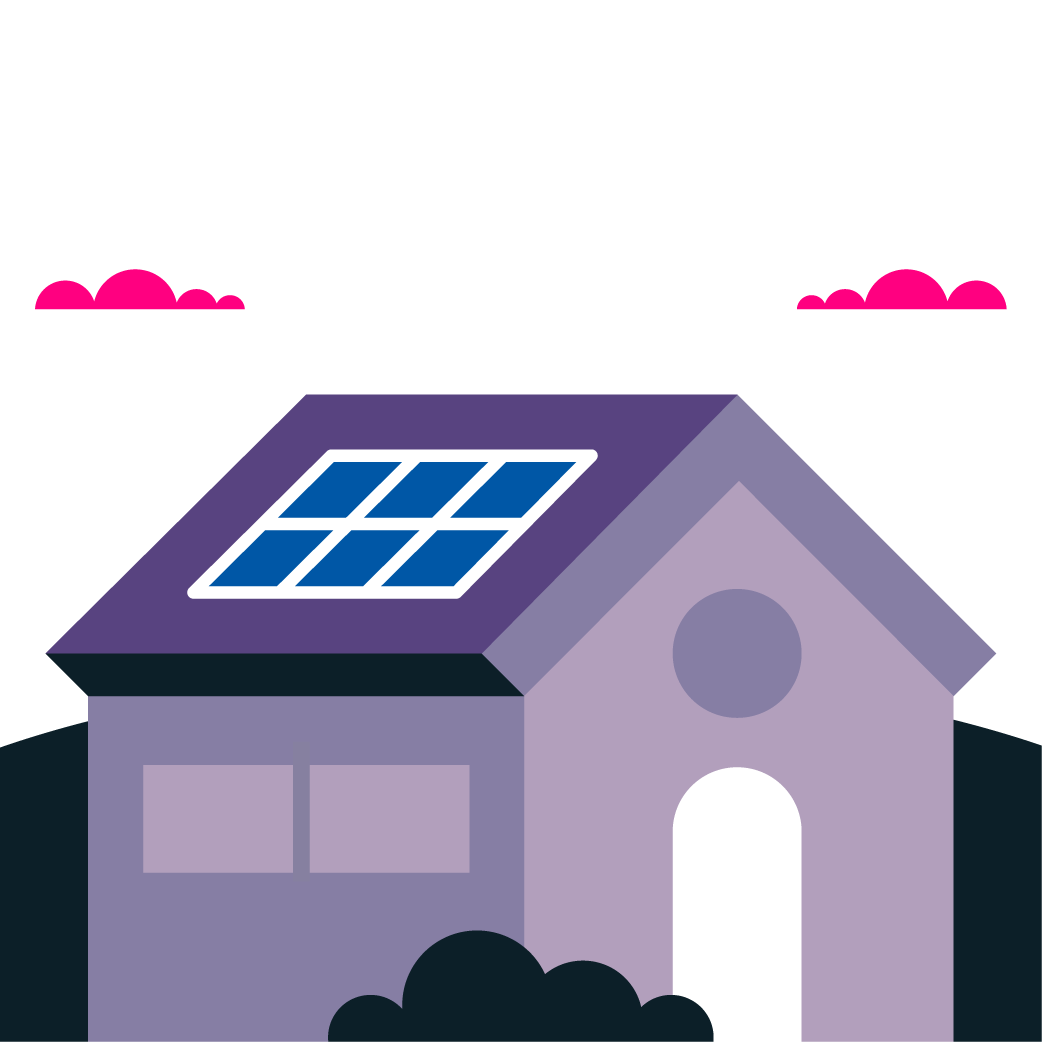
Roof Suitability
Ensure your roof is structurally sound and properly oriented for a solar panel installation. Using a free tool like Loop’s Solar Simulator feature will make it simple to see solar savings based on your actual home.

Energy Use Evaluation
Understanding your electricity consumption helps to determine the appropriate size solar panel system to meet your needs. The more efficient your household, the more of your use will be covered by your solar installation. Your patterns of usage used to be more relevant when considering solar – you needed to be able to make use of the solar power when it was generated. Now that most solar installations include a home battery, you can store your excess solar power to use when the sun isn’t shining. Knowing what battery you need is harder though. The Solar Playground feature in the Loop app allows you to see the impact of fitting different battery capacities. Bigger isn’t always better, especially when it comes to return on investment.
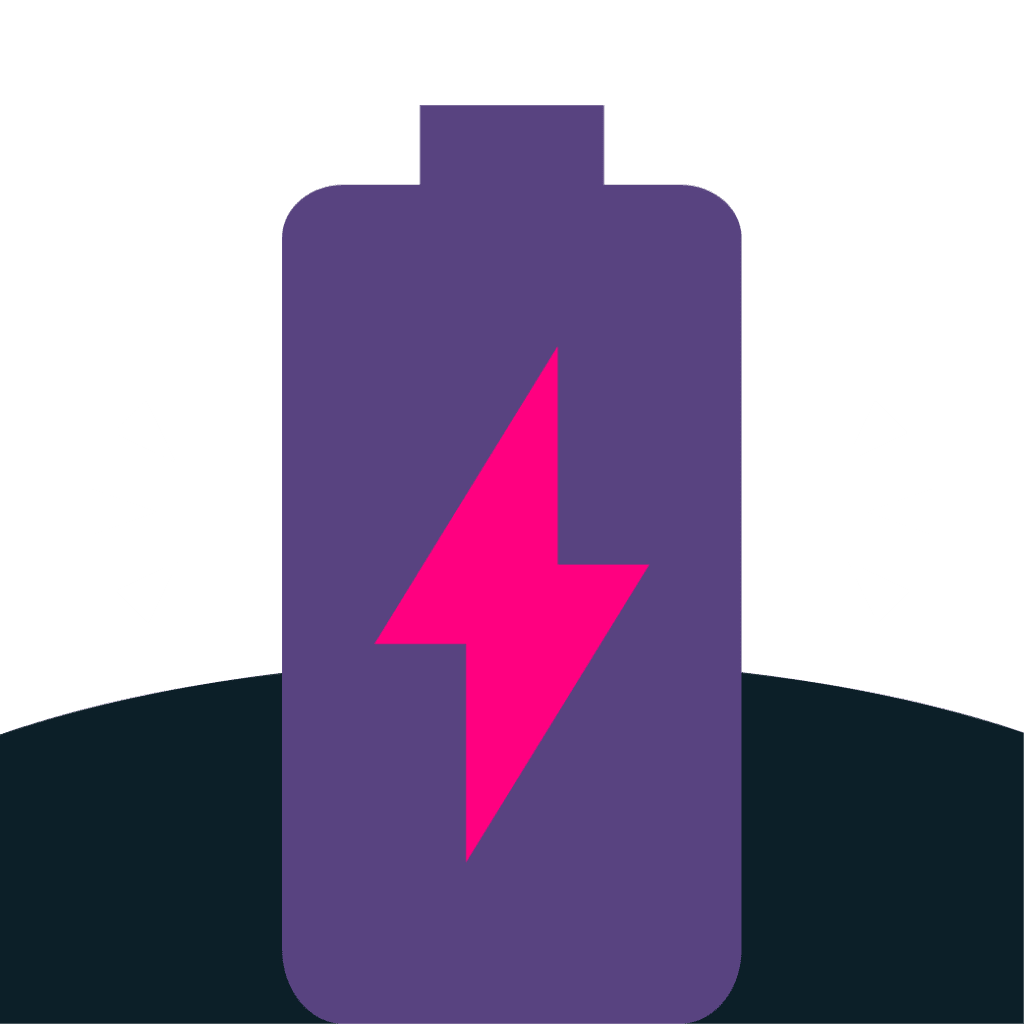
Set Your Budget, Know Your Options
Explore financing options available for solar installations. Investigate grants, loans, and incentives that will make solar panels more financially feasible. It’s worth considering if now’s the right time to install other green technology too. For example, a home battery has historically only been exempt from 20% VAT if installed at the same time as solar panels. From 1st February 2024, standalone batteries or batteries retrofitted to existing solar installations will also be exempt from VAT.
Related Guides
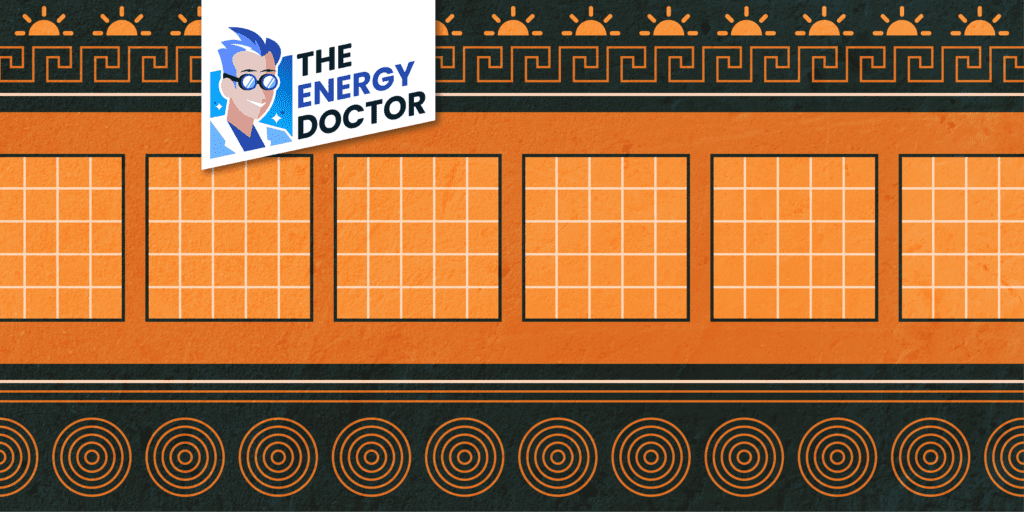
Debunking Solar Myths: The Truth About Solar Panels
Could you be letting outdated opinions overshadow the potential of solar energy? It’s time to shed light on the truth about solar panels to make an informed decision.
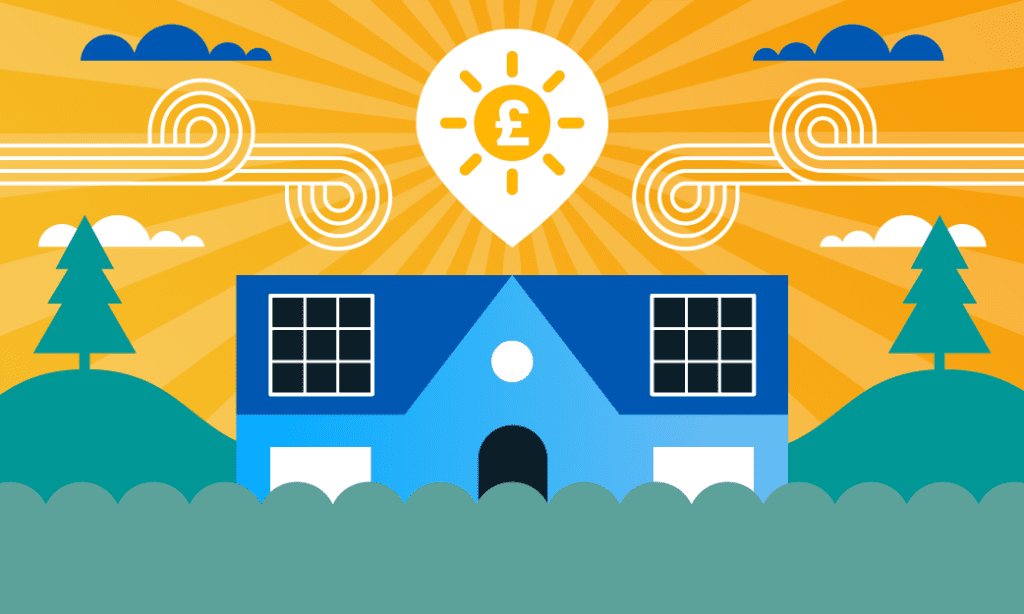
The Economics of Solar
Having solar installed is probably cheaper and easier than you think. With current energy prices, the payback period is likely to be shorter than you were expecting too
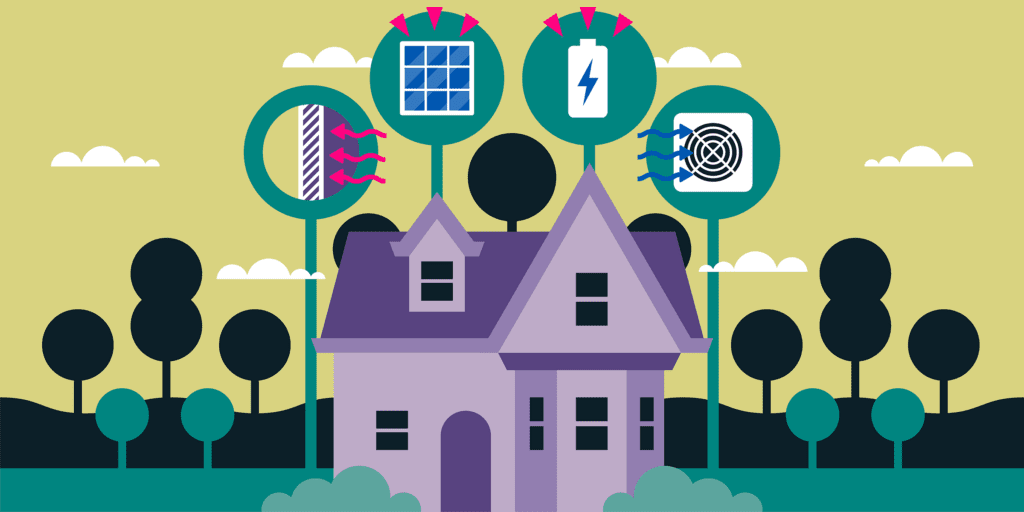
How To Get a Zero Energy Bill Home
Once you’ve improved the energy efficiency of your home, go one step further and reduce your energy bills to zero by making the most of green technology.





